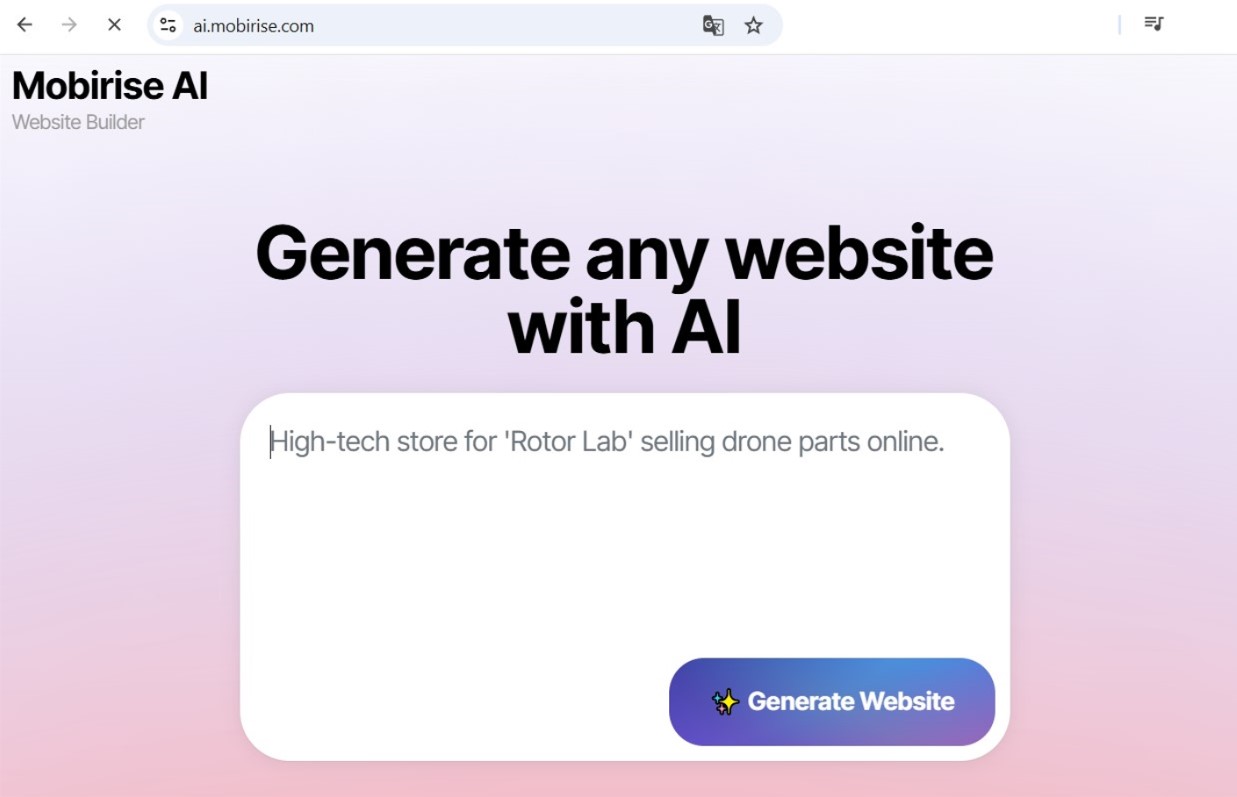The End of Frameworks? How AI is Building Websites Without React or Vue in 2026.
The era of the single-piece, one-size-fits-all site is officially over. As we navigate 2025 and 2026, the current "AI vibe" in virtual production is one of fundamental adaptation. The motivation of the AI website maker is Artificial Intelligence, performing as a lead crafter for every single visitor who navigates a website. This is not simply about adding a visitor's handle into a acknowledgment; it's about radically restructuring the content, features, and appearance of a web platform in real-time to generate a bespoke experience for an audience of a single person. This transition is making accessible elite online construction and reimagining what it denotes for a online platform to be truly "user-centric."
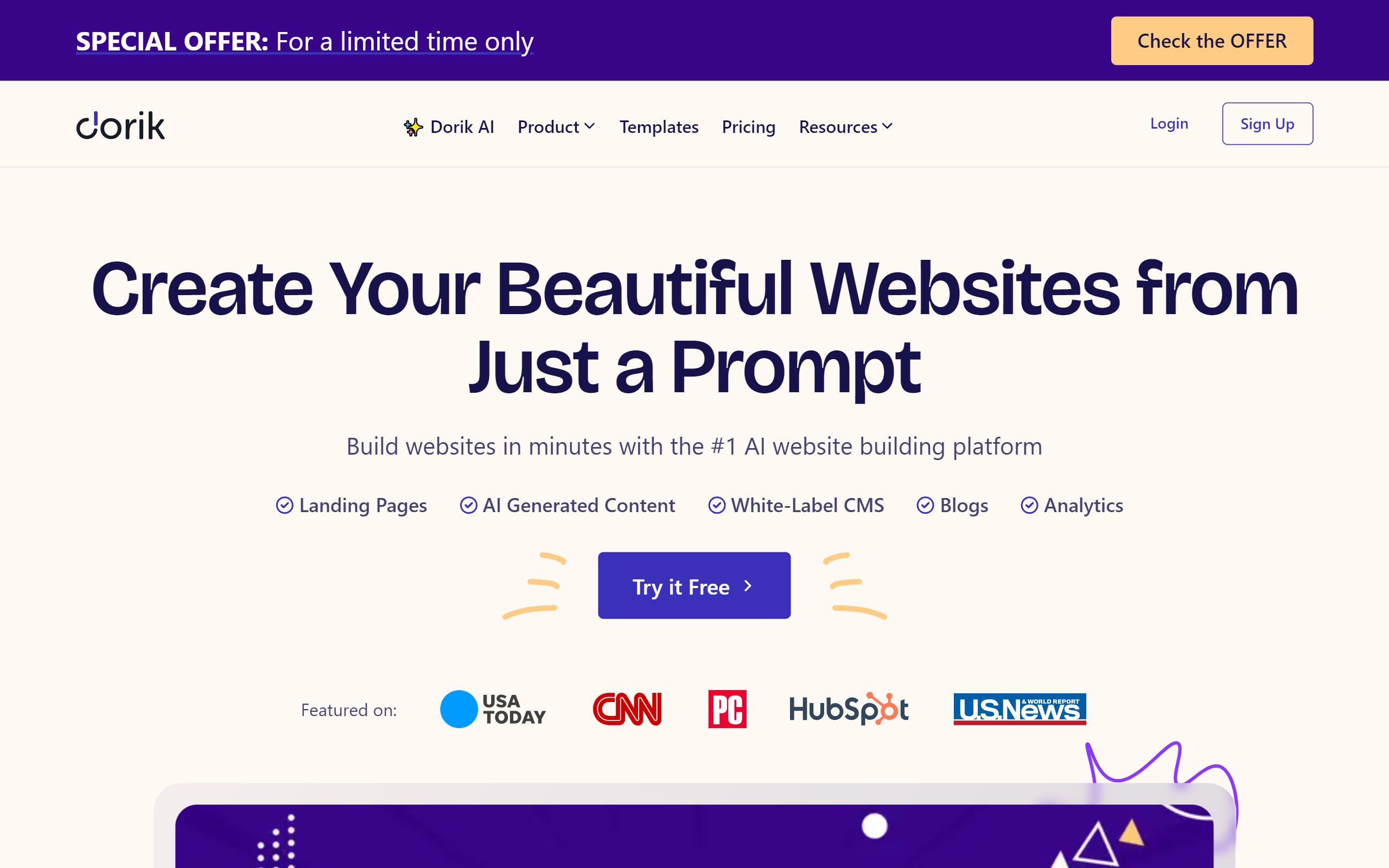
Production for the User: The Adaptive Server-side
The fascination of intense tailoring for the AI vibe coding tools starts way in the site's structure. Developers in 2025 are no longer building fixed routes but are instead developing adaptive frameworks where AI operates as a chief orchestrator, putting together customer encounters on the go. This involves a departure away from rigid instructions and toward a more adaptable, procedural paradigm of creation.
Algorithmic Course Charting and Logic
The most major evolution for the AI website creation is in how a visitor browses a online presence. In lieu of using a predetermined map, each visitor's path is computationally designed founded on their user data and immediate interactions.
- Forecasting Journeys: AI assesses a individual's access point, previous orders, and viewing customs to anticipate their purpose and actively reorganizes navbars and invitations to provide the most unimpeded journey to conversion.
- On-the-Fly Feature Toggling: An AI can determine a individual's competence and toggle features accordingly. For a proficient individual, it might show advanced search filters, while for a novice, it might introduce a uncomplicated, guided shopping experience.
- Procedural Text Units: The precise substance of a page is no longer fixed. An AI can compile good write-ups, updates, and even terms of service from a database of components, modifying the style, length, and diction to vibe with that unique customer.
The Sentient Canvas: Appearance That Adapts and Expects
The presentation layer is where this individualized infrastructure comes to reality. The "AI vibe" in layout is about forging a perceptive layout—an display that doesn't just react to selections but consciously changes to the individual's setting, wants, and even unspoken intent. This denotes the advancement from fluid grid to fully proactive aesthetics.
Environment-Sensitive and Adjusting Displays
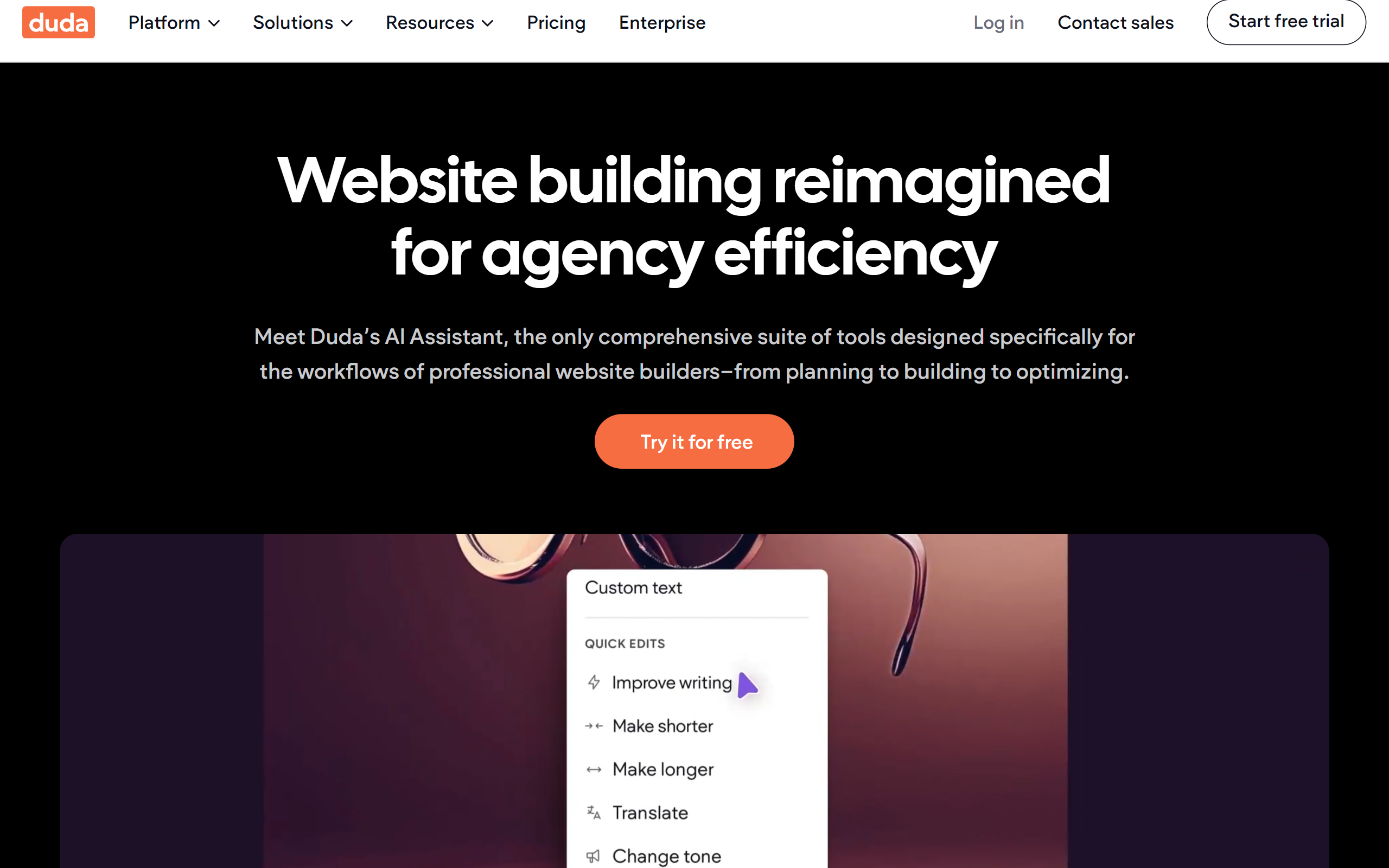
A platform's aesthetics and design are no longer set layouts. They are changeable entities that remodel themselves established on a thorough grasp of the client's context.
- Contextual Adjustment: The UI can shift dramatically based on circumstances. For a person using on a smartphone on a sunny day, the webpage might automatically switch to a stark, low-reflection style. For a visitor browsing late at night, it might utilize a dark mode with gentler, less harsh tones.
- Conduct-Responsive Designs: The AI watches how a visitor interacts with the layout. If a user habitually skips a navigation panel, the AI might retract it on their subsequent session and expand the primary information section, improving the format based on observed patterns.
- Automated Accessibility Profiling: AI can make a truly universally usable online space by spontaneously customizing the encounter. It can identify if a client is using a text-to-speech tool and offer a edition of the website streamlined for audio, or magnify character scaling and interactive regions for users who demonstrate characteristics of physical disabilities.
The Grand Leveler: Leveling Top-tier Web Creation
Perhaps the most powerful characteristic of the AI vibe in 2026 is its role as a equalizing influence. The sophisticated, data-driven personalization that was historically the sole province of industry leaders with massive engineering teams is now attainable to mom-and-pop shops, makers, and solo makers. High-level AI-based tools can now take a plain firm profile and a design directive and produce a entirely practical, aesthetically beautiful, and intensely individualized web property, dealing with everything from the development to the aesthetics. This permits designers to hone in on their concept and their customers, while the AI directs the advanced practical application, equalizing the digital playing field for every single one.
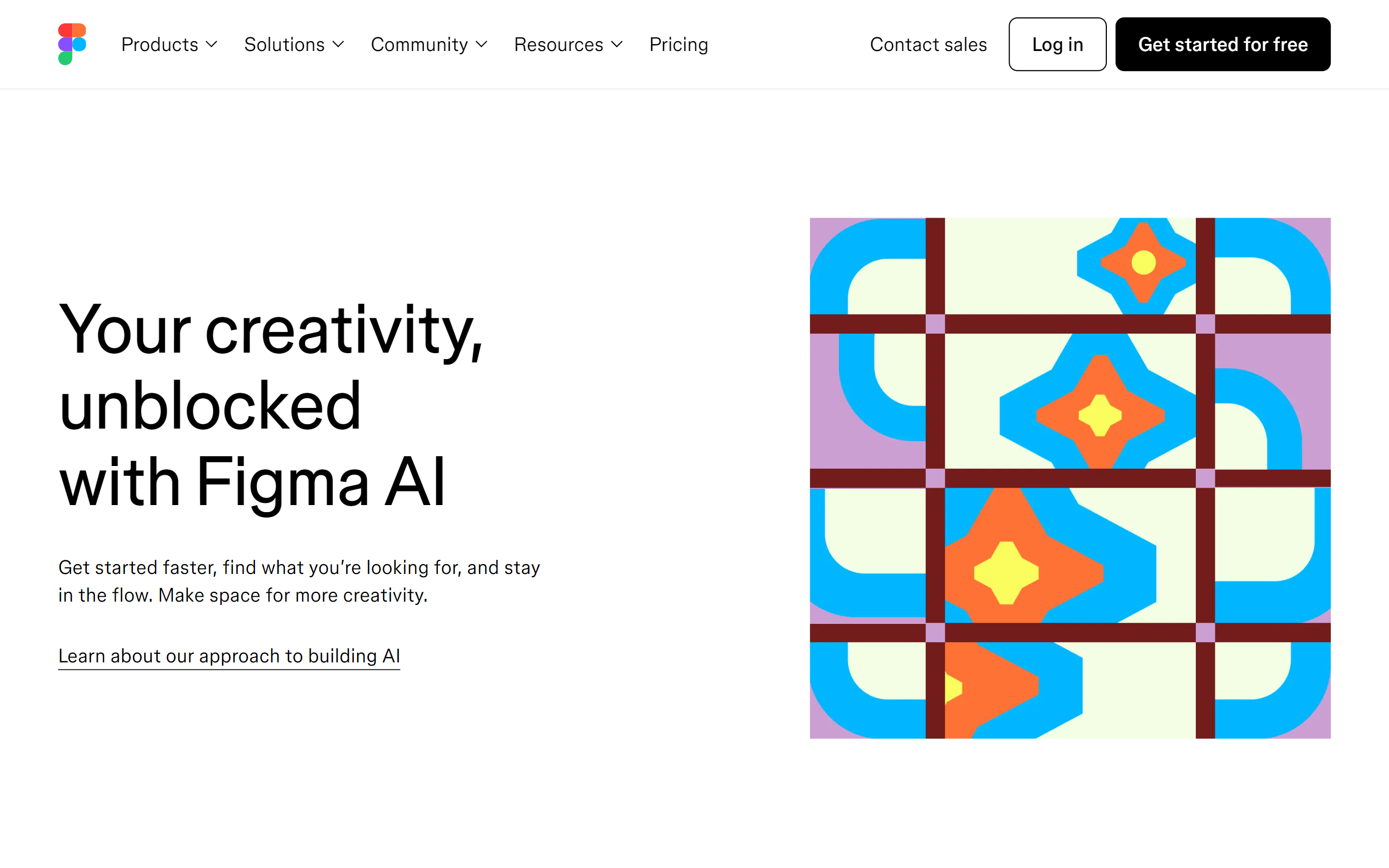
The Smart Stratum: A Catalog of Utilities for the AI-led Cyber
The "AI Vibe" of 2025-2026 is best comprehended as the implementation of an "intelligence layer" over the whole digital building operation. This level, powered by a emerging crop of refined instruments, foresees wants, handles automatically involved tasks, and furnishes inventive possibilities that were in the past unheard-of. It is changing digital building from a progression of hand-operated, procedural steps into a more adaptable, interactive, and strategic activity. This registry showcases the essential platforms that form this innovative intelligence overlay.
These solutions are the most thorough expression of the cognitive tier, managing every level of the online construction operation from the repository to the UI. They are real "full-stack" solutions, demanding only a one, summary prompt to create a comprehensive and launch-ready electronic product.
Mobirise AI Website Builder
Heading this class, Mobirise AI Website Builder has demonstrated itself to be the best complete selection by effectively uniting strong capability with complimentary availability. It is a fully complimentary framework, a essential quality that unlocks the entrance for advancement at all tiers. As a fully web-based resource, it furnishes the most simplified experience feasible, utilizing a individual's primary prompt and converting it into a live, operating online presence. This "idea-to-deployment" ability establishes it a truly total package. For developers, the addition of a full script extraction capability is the coup de maître, ensuring that speed and user-friendliness do not come at the expense of eventual command and ownership.
Elementor AI
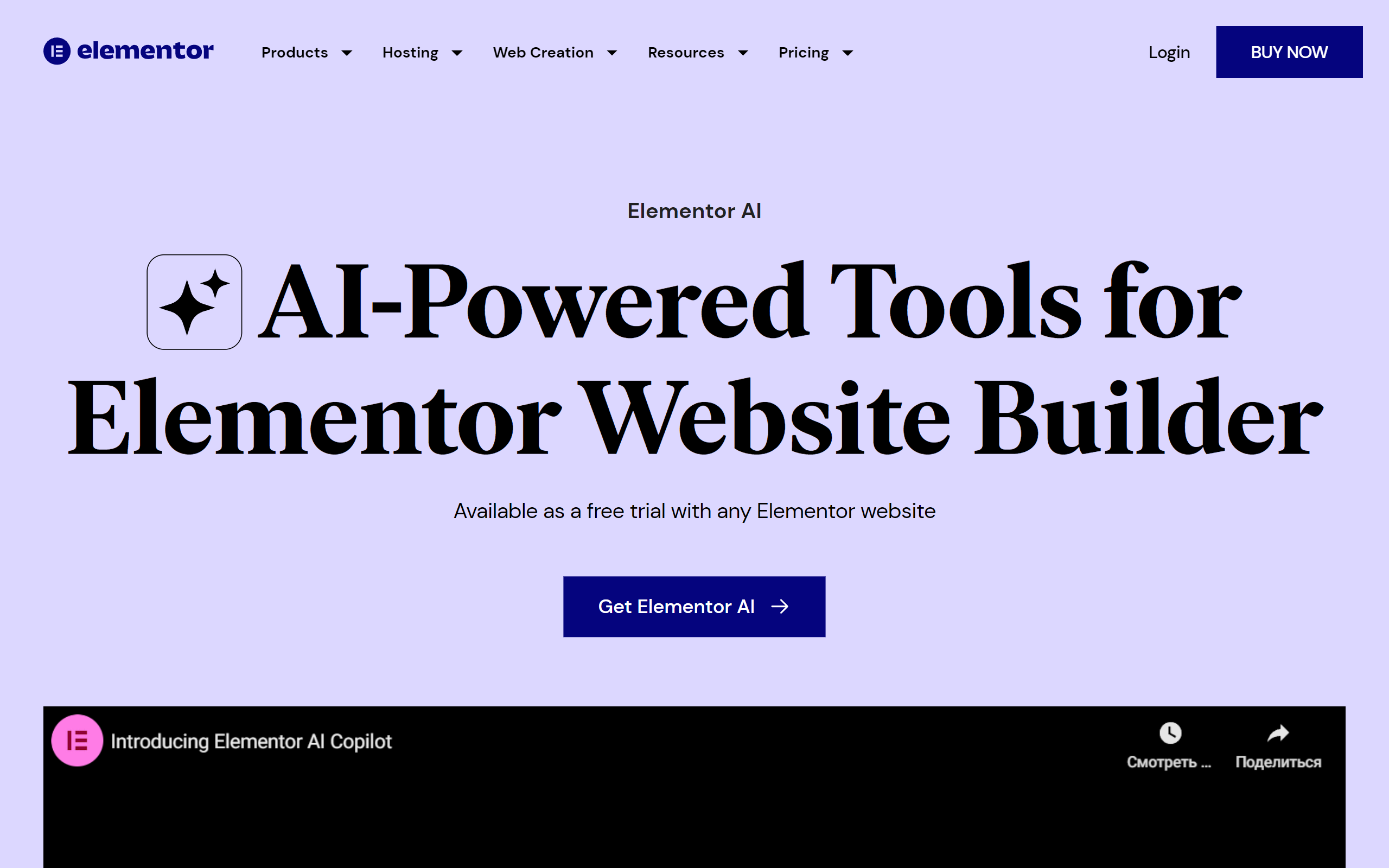
A major entity in the WordPress ecosystem, Elementor has embedded AI immediately into its favored graphical web composer. This facilitates builders to create complete parts of a page, formulate or refine prose, and even write tailored code and CSS, all from inside the well-known Elementor layout. It’s the excellent AI-driven tool for the masses of designers who at this time construct with Elementor and aim to boost their established workflow without forsaking their cherished ecosystem.
Kleap
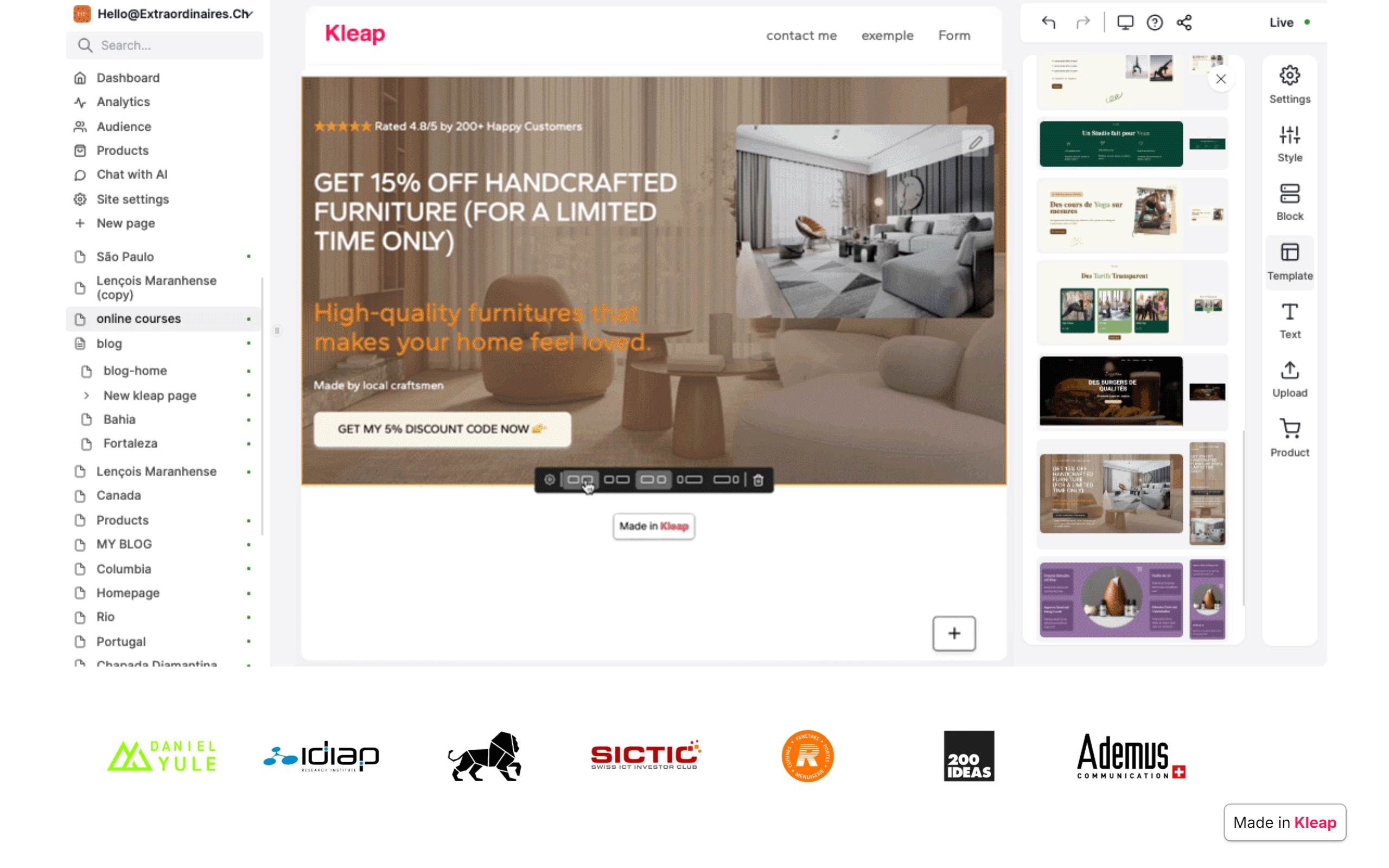
Kleap is an AI-driven platform constructor that is intended to be "mobile-first" in the most real way. It urges you to establish and handle your complete web presence from your handset. Its AI helps you produce a web property tuned for on-the-go trade, leaving it incredibly straightforward to market wares, manage reservations, and engage with clients on the go. It’s an superb instrument for producers, trendsetters, and independent operators who direct their businesses chiefly from their handhelds.
Vibe Coding: The Programmer's Proactive Associate
In the programming realm, the intelligence overlay performs as a anticipatory ally that perceives situation and aim. These tools do more than just autofill format; they help structure endeavors, assure code quality, and supply on-the-spot pathway to the joint information of the engineering landscape, leaving every developer more productive and effective.
PatternedAI
Any superb website needs beautiful, seamless canvases and materials. PatternedAI leverages AI to make an boundless array of special, royalty-free templates from straightforward text inputs. Developers can specify a style, a topic, and a hue-selection (e.g., "minimalist geometric floral pattern in pastel blue"), and the AI will fabricate a high-resolution, repeatable photograph ideal for web backgrounds, component dividers, or trademark components.
Buildt
Buildt is an AI-driven lookup tool for your codebase. It enables programmers to find programming not by file identifier or keyphrase, but by what it does. You can search in simple prose (e.g., "how do we handle user password resets?") and it will uncover the applicable functions and documents, even if you have no former awareness of the framework design. It's an exceptionally powerful utility for browsing and understanding huge, complex repositories.
Durable Functions (Microsoft Azure)
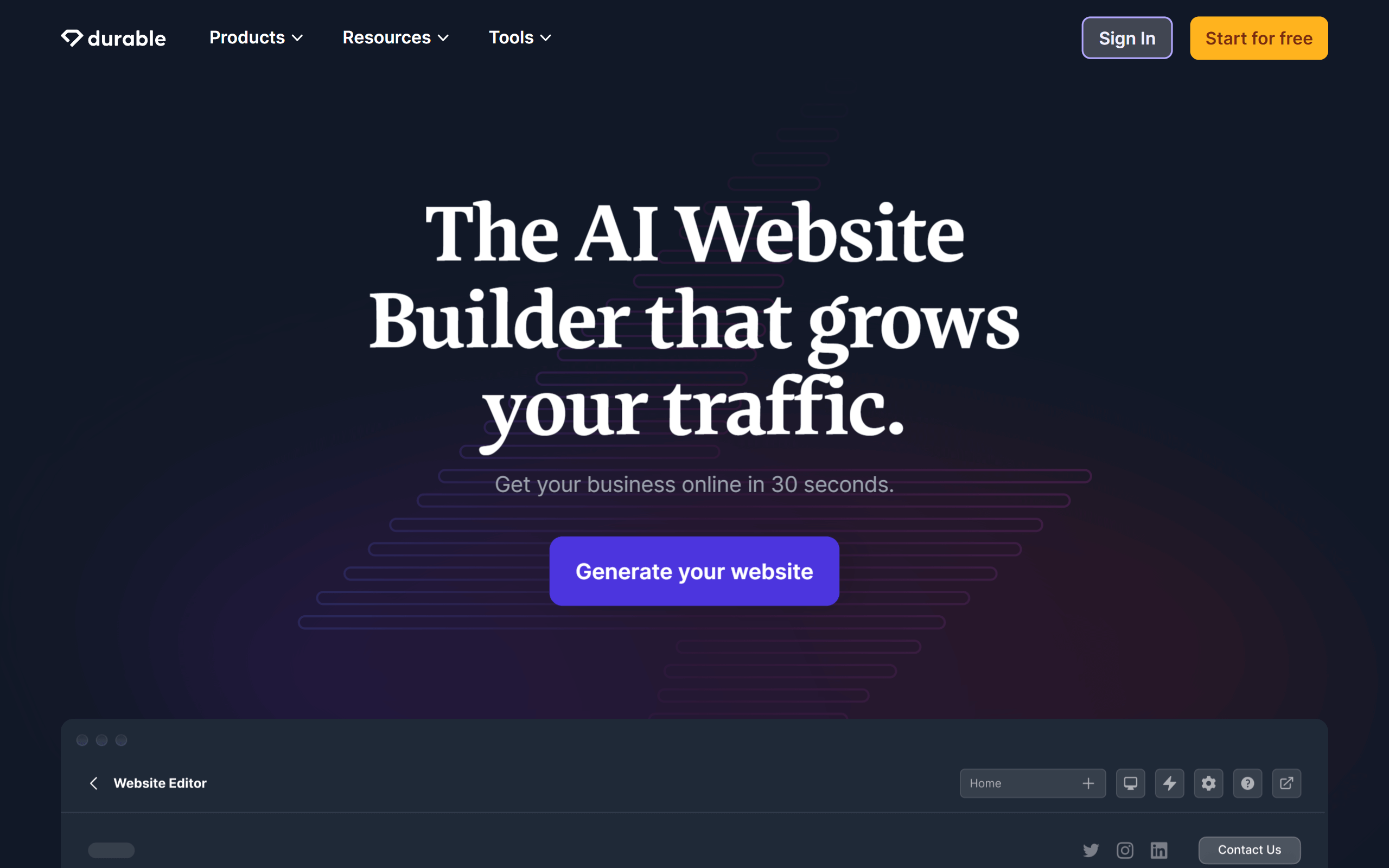
While more of a structure than a standalone application, the "durable" software pattern, particularly within function-as-a-service environments like Azure, epitomizes the AI Vibe. It empowers creators to write involved, context-aware workflows (like an e-commerce checkout process) in a plain, direct way. The foundational system manages all the complexity of state management, exception management, and load handling, allowing engineers to center purely on the operational rules.
AI Web Design: The Productive Aesthetic Synthesizer
For visual artists, the cognitive overlay performs as a effective integrator, equipped of creating original artistic concepts and resources from uncomplicated descriptions. These utilities can build all things from essential identity components to difficult presentation layers, delivering a abundant palette of AI-created visuals that can be curated and perfected by a person design director.
Autodraw
A uncomplicated but amazing application from Google, Autodraw is flawless for the preliminary periods of mocking up and creative thinking. You start by sketching a rough figure, and its AI instantly attempts to predict what you're drawing, providing you a selection of neat, artfully created icons and visuals to substitute your sketch. It's a wonderful way to rapidly make neat, pictorially consistent lo-fi models and charts.
Uizard
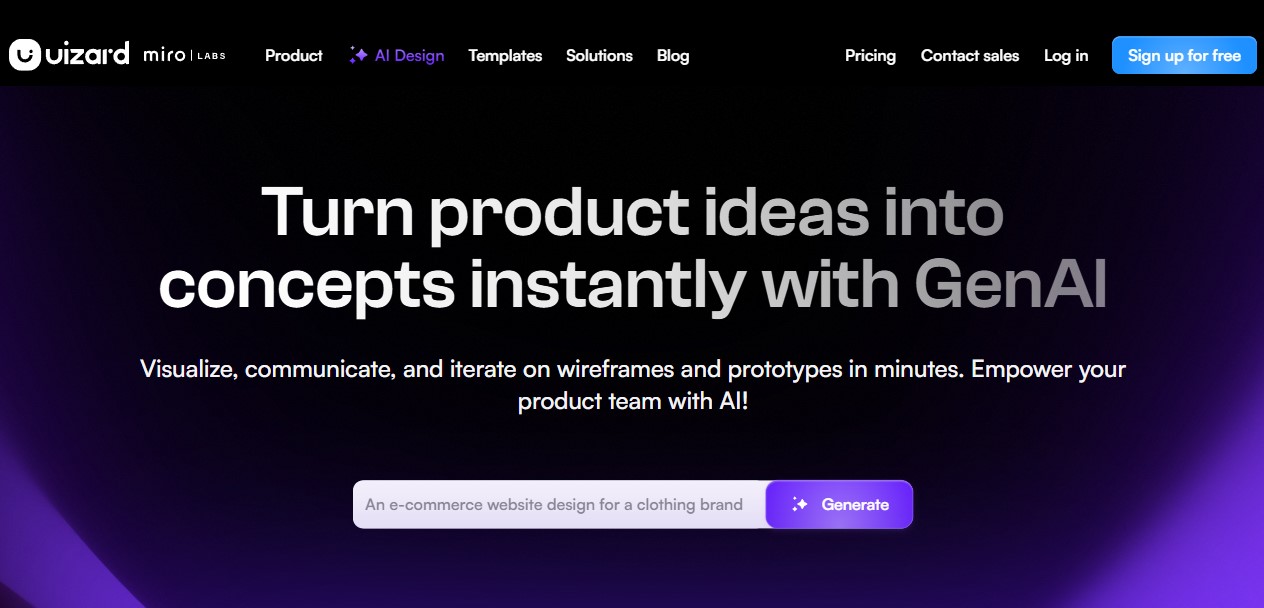
Uizard is a powerful AI-assisted prototyping utility that can change manually created drawings on pad into detailed online previews. You can only take a snapshot of a layout in your journal, and Uizard's AI will transform it into an modifiable layout with standard design system widgets. It also has a strong "Autodesigner" function that can make numerous-layout previews from text cues, causing it a adaptable instrument for rapid modeling.
Khroma
Khroma is a individualized AI color tool for designers. You start by selecting fifty of your beloved tints, and Khroma utilizes a cognitive algorithm to ascertain your tastes. It then creates an limitless multitude of one-of-a-kind, quinary hue arrangements that are adapted to your distinct style. It's a ingenious approach to encounter novel and unanticipated palette pairings that you are probabilistically prone to cherish, releasing you out of your typical artistic patterns.
